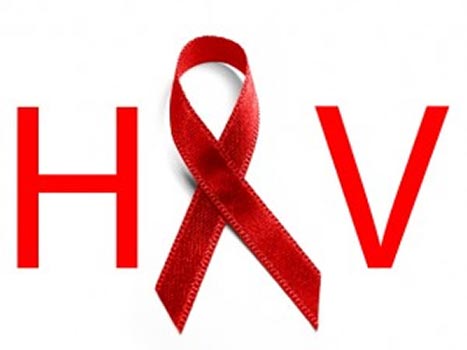
Researchers say they have discovered a new HIV antibody that is capable of suppressing the Human Immuno-deficiency Virus (HIV) for nearly six months without any additional treatment.
The finding which was released at the 25th Conference on Retroviruses and Opportunistic Infections held in Boston, the United States, also provided clues and strategies that attempt to attain a sustained, drug – free viral remission in people living with HIV.
Supported in part by the United States National Institute of Allergy and Infectious Diseases (NIAID), the study involved about half a group of monkeys infused with a broadly neutralizing HIV antibody combined with an immune stimulatory compound.
The study majorly targeted the viral reservoir, populations of long-lived, latently-infected cells that harbor the virus and that lead to resurgent viral replications when suppressive therapies were discontinued.
“HIV excels at evading the immune system by hiding out in certain immune cells,” Anthony Fauci, the NIAID Director said.
“The virus can be suppressed to very low levels with anti retroviral therapy, but quickly rebounds to high levels if a person stops taking medications as prescribed.
“The findings from this early stage research offer further evidence that achieving sustained viral remission without daily medication might be possible,” Fauci added.
Dan Barouch, the principal investigator of the study suggested that the findings may develop interventions that activate or eliminate a fraction of the viral reservoir unlike the anti-retroviral therapies which need to be taken regularly.

Biden Administration Imposes New Sanctions On Iran Following Attack On Israel
Israel’s European Allies Urge Restraint Amid Escalating Tensions With Iran
Israel Prepares For Possible Attack From Iran As Tensions Escalate
Senegal’s President Bassirou Appoints Ousmane Sonko As New Prime Minister